Why it matters to have a mentor at higher institutions.
Pursuing higher education can be a demanding and fruitful path that influences an individual’s personal and career development. It can be particularly intimidating and burdensome for students who encounter academic, financial, social, or personal obstacles. That is why students’ success and welfare need mentors and advisors in higher education.
Highlights
Innovative mentorship 1models like structured mentorship programs and one-on-one mentorship are making higher education more supportive and personalized by allowing students to receive guidance and support from experienced mentors, rather than navigating their academic and professional development alone.
Various higher institutions and organizations offer structured mentorship programs or one-on-one mentorship, such as KamiLimu in Kenya for tech-aligned courses, YELD Kenya for entrepreneurial impact, and the USITT Gateway Program in the USA for underrepresented individuals in the theater industry, providing in-demand skills, mentorship, and job preparation support.
In addition to that, you can explore peer mentoring, group mentoring, e-mentoring, and reverse mentoring as alternative mentorship models for higher education, considering factors like mentor compatibility, support, mentorship outcomes, and accessibility when choosing a mentorship model.
Mentoring or Advising?
Well, you could think of this as two different types of development relationships, but perhaps they have some overlap and similarities.
Who is an Adviser you may ask? this could be someone who helps you select courses and might direct your thesis or dissertation.
A Mentor on the other hand could be someone who provides guidance and support in various aspects of your academic and professional development.
It is important to note that both roles can involve elements of counseling, coaching, and modeling.
The Benefits of Mentoring and Advising for Students
Mentoring and advising are two important ways of supporting students in higher education. They can help you as a student achieve your academic, personal, and professional goals, as well as enhance your well-being and satisfaction. Here are some of the benefits of mentoring and advising for students:
- You can improve your academic performance by learning from your mentors and advisors, who can help you develop your skills, knowledge, and confidence in your chosen field of study. They can also guide you in selecting courses, planning your degree, and overcoming academic challenges.
- You can increase your chances of staying and graduating by feeling more connected and engaged with your institution, faculty, and peers. Your mentors and advisors can also support you in coping with stress, overcoming obstacles, and accessing resources and support.
- You can enhance your career development by exploring your interests, values, and strengths, and identifying your career aspirations and options. Your mentors and advisors can also prepare you for your future careers by providing guidance, feedback, and opportunities for networking, internships, and research.
- You can boost your self-esteem and self-confidence by developing a positive self-image and a sense of competence and autonomy. Your mentors and advisors can also help you recognize and celebrate your achievements, and overcome self-doubt and impostor syndrome.
- You can build stronger relationships and interpersonal skills by trusting, respecting, and learning from your mentors and advisors, who can share their experiences and perspectives with you. You can also develop your communication, collaboration, and leadership skills, and foster a sense of belonging and community.
Mentorship Programs
Mentorship programs are valuable opportunities for young professionals and entrepreneurs to learn from experienced mentors, develop their skills and networks, and achieve their goals.
Here are some examples of mentorship programs in Kenya:
- KamiLimu is a structured mentorship program for university students studying tech-aligned courses. It helps them develop soft skills such as problem-solving, teamwork, and communication, as well as career readiness and personal growth. The program is supported by a volunteer team of mentors, advisors, and alumni.
- YELD Kenya is a mentorship program for entrepreneurial impact, empowering youth and women enterprises. It offers one-on-one mentorship, entrepreneurial training, coaching, and technical business advisory by experienced mentors and advisors. The program is free and runs for six months.
Mentorship program in the USA
USITT Gateway Program is a mentorship program for underrepresented individuals within the theater industry. It provides one-on-one mentoring, career development opportunities, and access to the organization’s extensive network of industry professionals. The program is funded by USITT and runs for one year.
The above mentorship programs are among the many that are out there, you can check them and maybe you might find the one that best suits you.
How to Apply to Mentorship Programs?
Different programs have different criteria of application, I would advise you to check on their official websites to learn more about the program.
Our Take
We have seen how mentors and advisors can play a vital role in supporting students in higher education.
We hope that this article has inspired you to seek out and make the most of the mentoring and advising opportunities available to you and to become a mentor or advisor yourself in the future.
Remember, mentoring and advising are not only beneficial for students but also for faculty and institutions. They can foster a culture of learning, collaboration, and excellence in higher education.
